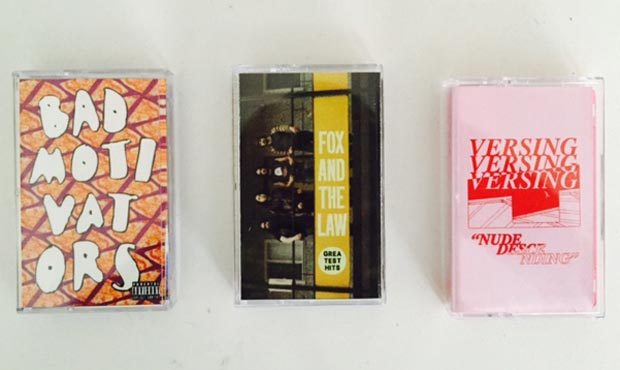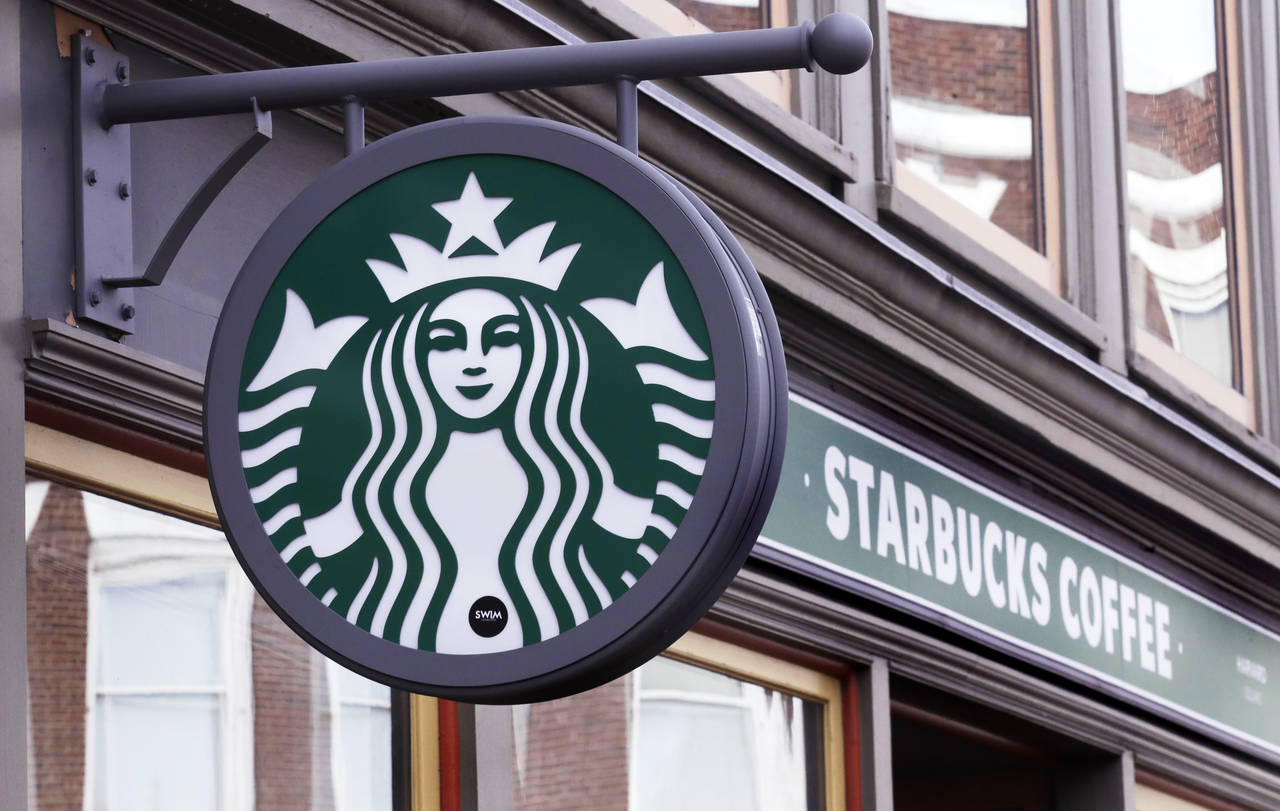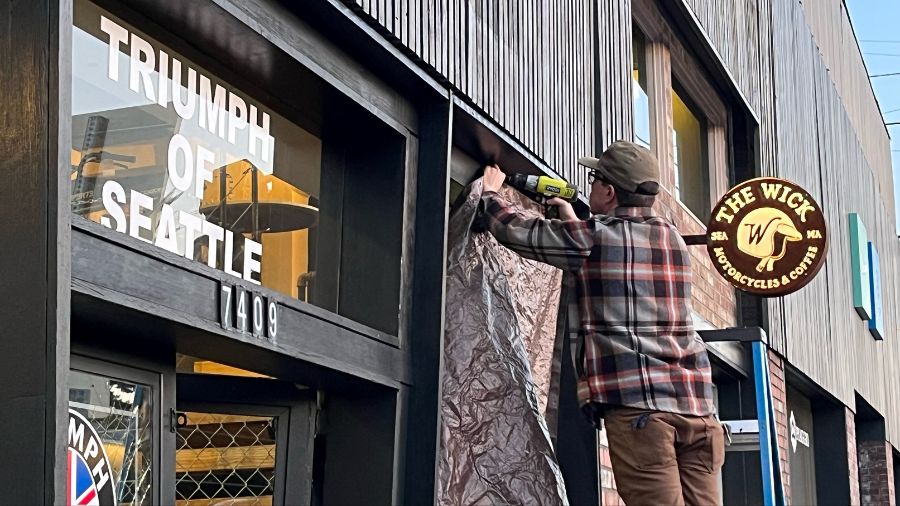Seattle music labels specialize in a once-forgotten medium
Mar 17, 2016, 6:10 PM | Updated: May 10, 2016, 11:12 am

Seattle bands are releasing music on cassettes, and labels are re-releasing classic albums on the oft-forgotten format. (Sara Lerner)
(Sara Lerner)
In the ’80s and ’90s, the cool kids would lug big cases around, holding all their cassettes. Today, you can have practically the entire world’s collection of music at your fingertips with apps like Spotify and tape decks aren’t exactly in every household, so you would think they are pretty much useless.
Not so.
Ben Redder runs a music label out of his studio apartment on Seattle’s Capitol Hill.
“A cassette label,” he explains, as he points to a tape with a pink design.
Related: KIRO Radio’s Sean De Tore and Rachel Belle discuss how to make the perfect mixtape
“Versing is the first band that I approached that I thought, ‘I want to put out your tapes.’ I thought they were really exciting live.”
Redder takes each step of production seriously, from the J-card art he designs (the “tape cover” that goes inside a tape case) to the way he dubs the cassettes, which is usually on a large, taupe-colored, four-deck dubbing machine he bought on eBay for a penny.
“I want tapes from Sands Vacation Records to look like I made them but did a really good job making them,” he said. “I want you to see that I worked on these.”
Redder says people are buying tapes because they’re retro, but also because they cost five bucks or so instead of a CD for twice that.
“Profit margins for tapes are very high. A small run of tapes can cost you $50. And you can sell 25 tapes in a night if you’re good at marketing.”
Making $4 per tape isn’t terrible money for a brand new band.
“Five dollars could be gas money to get to the show,” Redder said.
On a recent weekday at record store Everyday Music on Capitol Hill, customers are flipping through vinyl records, as if it were any other day in the last four decades.
One of the managers, Hans Fluegel, has been working at Everyday since 2006.
“Vinyl has come back in that 10 year period and we’ve seen now in the last couple years, cassettes coming back, definitely, as well,” Fluegel said.
“These days, a lot of independent artists release their work on cassettes,” he said. “It’s cheap for them to produce a cassette versus vinyl, considerably cheaper.”
It’s punk-rock. It’s the new, DIY way for brand new bands to get their music out.
But there’s another key factor here. Not all the people who buy cassettes even have cassette decks. How does that work? The tapes almost always come with a download code.
Bands are selling this piece of analog nostalgia as a vehicle for fans to get their digital music.
Several other indie music entrepreneurs are making cassette-only labels in Seattle, like Help Yourself, Casino Trash Casino Trash, and Pacific Trash.
Major artists are releasing cassettes, too, like Macklemore. When he released his latest album, “This Unruly Mess I’ve Made,” three weeks ago, it came out on cassette, too.
Rapper Eminem is re-releasing his 1999 “The Slim Shady LP” album on cassette.
Seattle label Sub Pop is now putting out all their new music on cassette.
But can cassettes really bring in money? Fluegel says it’s a small, niche market. But it’s one that he has seen grow tremendously in recent years.
“Cassette sales are still a very, very small portion of our sales. It’s a matter of single digit percent to five percent,” he said.
Ben Redder at Sands Vacation Records and his business partner have released about 20 bands on cassette. But then, it’s not really appropriate to call it a business. Can a cassette-based label make it in the long run?
“I don’t care. I know that sounds weird, but this is an art project for me,” he said.
And it’s a way to get experience in the music industry, meet people and give local music a boost, such as Versing, Tessitura, or Beverly Crusher, all bands with cassettes put out by Sands Vacation Records.












